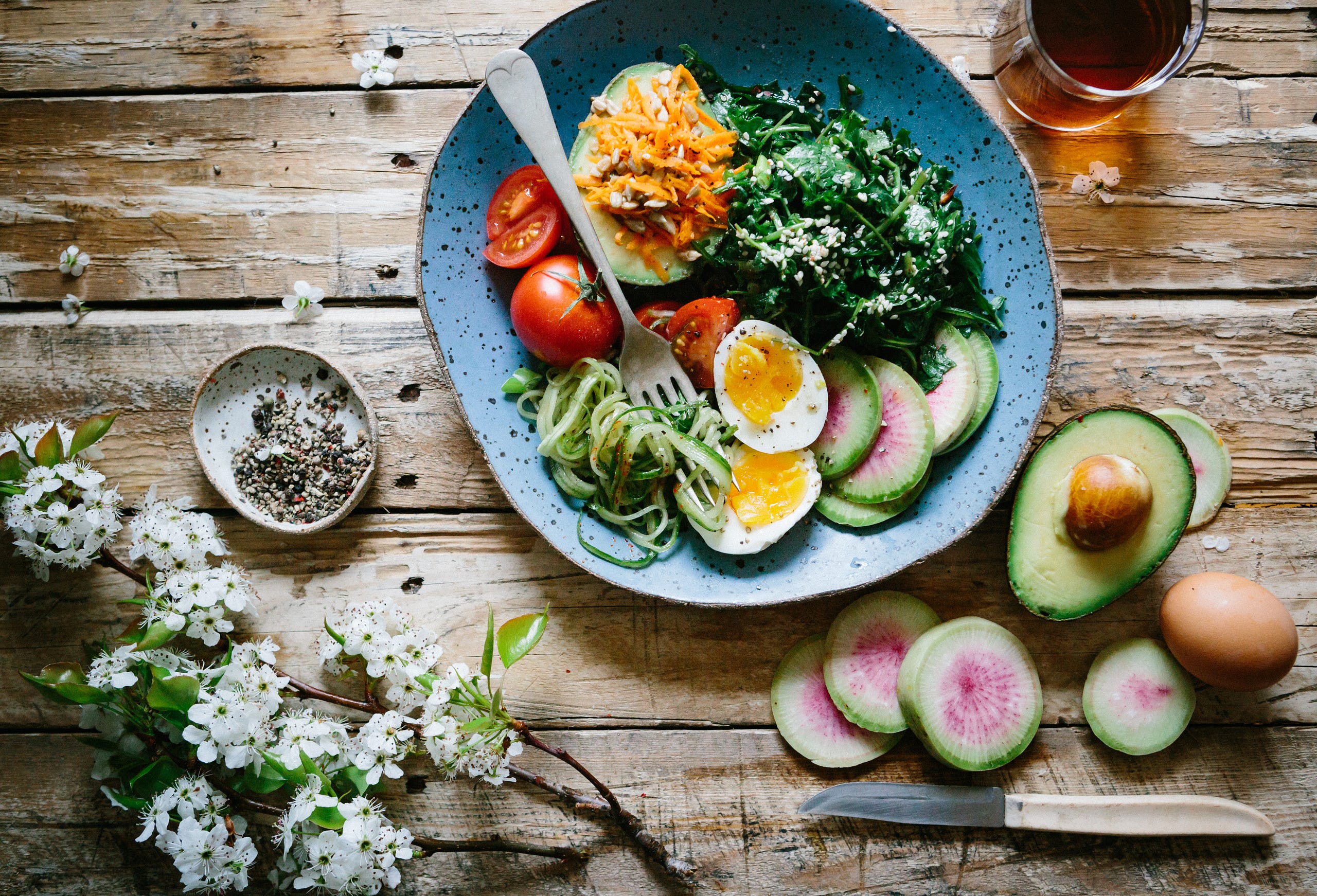
We are a nation utterly obsessed with youth and beauty.
We are a nation obsessed with healthy aging.
We are a nation..NAH, you get the message.
Because they have my number, the New York Times regularly peppers me with articles about healthy aging. Regularly.
Look, as someone who is aging in a very healthy way ( all right all right, if we disregard the 21 concussions), and who writes about it, I am always interested.
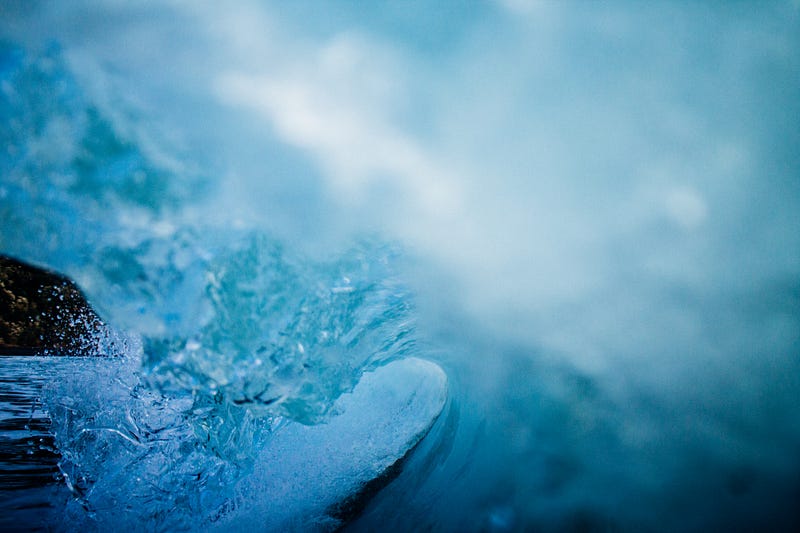
However, that doesn’t include the latest miracle cure. Full immersion in ice (are you effing kidding me?) or the latest $1500 facial cream, an amount which would buy me one hell of a nice horse riding trip on the southwestern coast of Spain.
Guess which I prefer?
Since said creams - no matter their price or claims - cannot improve on surgery, and since surgery is out of the question, I’ll take the horses. It’s more fun, great exercise, and I love to ride. That’s healthy aging.
It would be fair, though, to say that in all the articles I do receive, there is little that modern research has uncovered that we don’t already know. There’s plenty of research on Blue Zones, some of which are already changing due to pollution, fast food, ease of transportation and all of the other ills that have cost many of the rest of us our vitality.
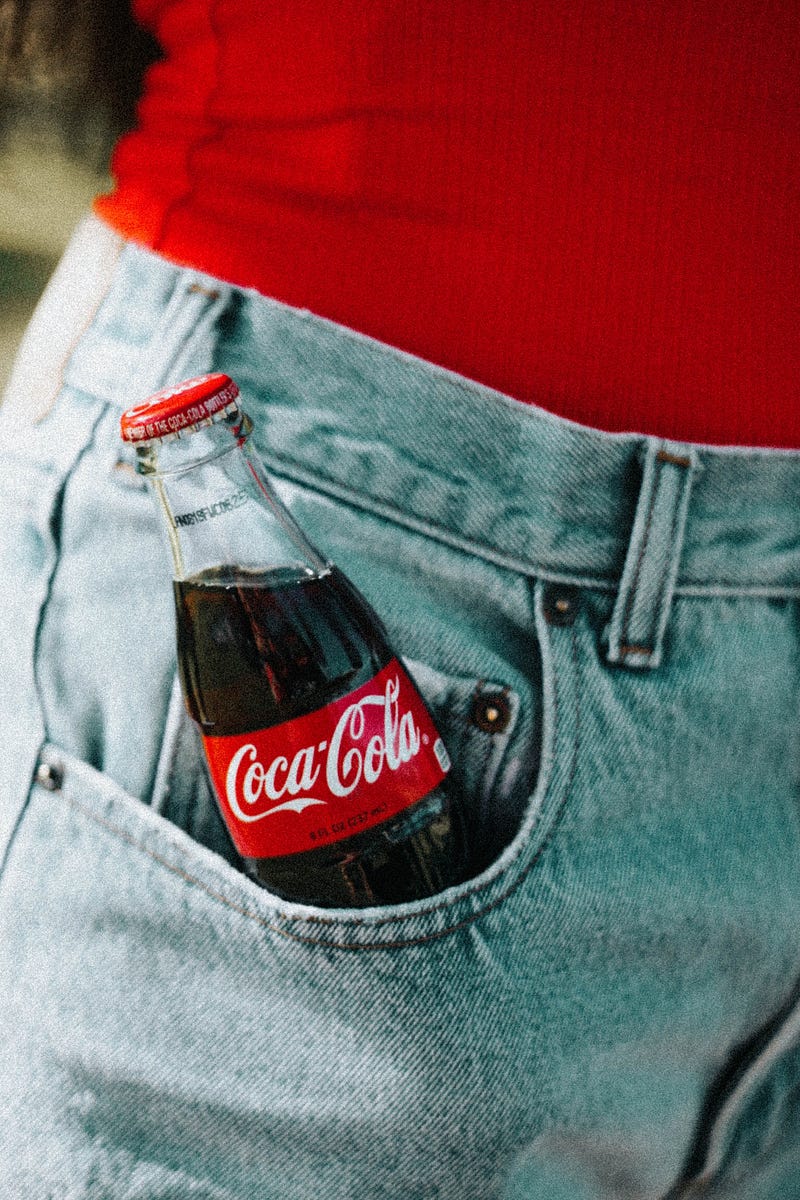
Those blue zones are tinged purple, and they will eventually fade away. It’s called mission creep. If Coke and Pepsi and all the other poisonous food companies have their way, and they will, the entire world right down to the most isolated Myanmar tribes will stop eating tubers and start getting tumors from the crap these producers call food. Because it tastes good.
However the lessons remain.
This New York Times article points out so many of the best bits of advice that most of us - at least those of us who care, anyway- already know. Good food, a healthy weight, move, have a purpose, have friends, blah blah blah.
Okay. We know these things already.
The other day, I got this from The Guardian, which was very well-presented and had a few nifty twists that I very much liked. While it, too, plows familiar territory, the book the two authors researched (largely to save their own aging selves, let’s be clear) pointed out that anticholinergics at high levels are linked to Alzheimer’s.
I didn’t know what they were before last year either. I was taking some OAB (overactive bladder) meds, but anticholinergics are also in antidepressants, any PM over-the-counter drugs and on this list,which gives you a much broader idea. You can see the problem. I was taking Robaxin for a while after a difficult surgery. I promptly threw out those meds (never into the toilet, please). I also stopped using OAB drugs.
I am increasingly convinced that there just isn’t a whole lot that is manufactured that is good for us, whether food or pill. I might offer up the recent Insys guilty plea as just one example, but that’s a snowflake in a snowstorm. The more real foods we eat, the more we move, the less pharmas we need. For many, if not most of us, it’s just that simple.
What this article taught me was that staying on top of the research matters, because even though some of the advice is familiar, what folks are finding out about what we consider safe meds (like travel sickness pills) can be very dangerous over time. That’s particularly true if we mistake familiar for safe.
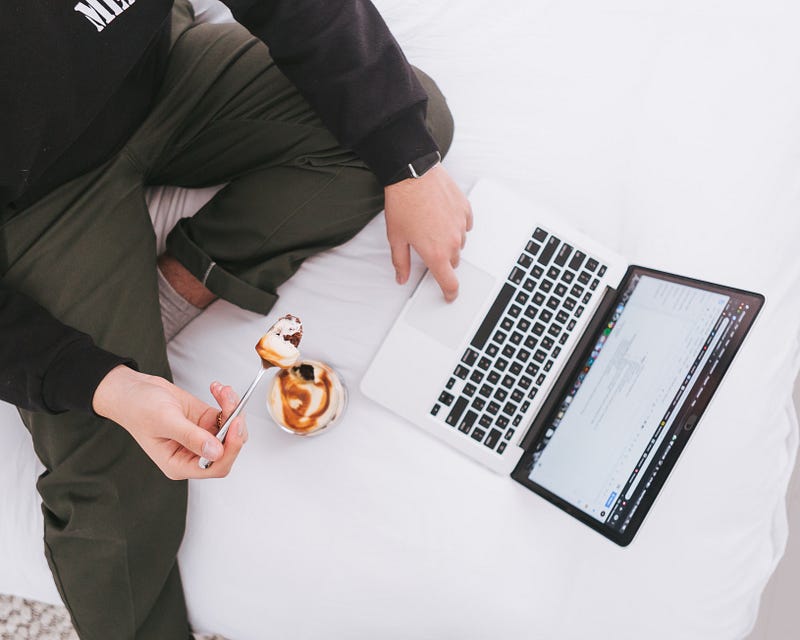
Another notable from authors Susan Saunders and Annabel Streets, neither of whom is either a medical professional nor a scientist (but they might as well be by now) is that constant snacking, contrary to popular opinion, is not such a good idea.
I used to believe in the six meals a day regimen. However, this has an unfortunate side effect. They write,
“constant grazing and snacking means that the digestive system is permanently working — and therefore also permanently producing insulin, potentially leading to insulin resistance, a precursor to diabetes.”
Those of us who have declining peepers - and, kindly, who doesn’t after forty - they remind us that regular eye checks are critical as eye quality deteriorates quickly. Many of us, especially folks who are online a lot like I am, need to take regular breaks, wear very good sunglasses (not the cheapies from TJ Maxx) even in winter, which lots of folks don’t bother to do. Rather than take lots of vitamins, chomp lots of very colorful veggies. That’s not a bad habit at all.
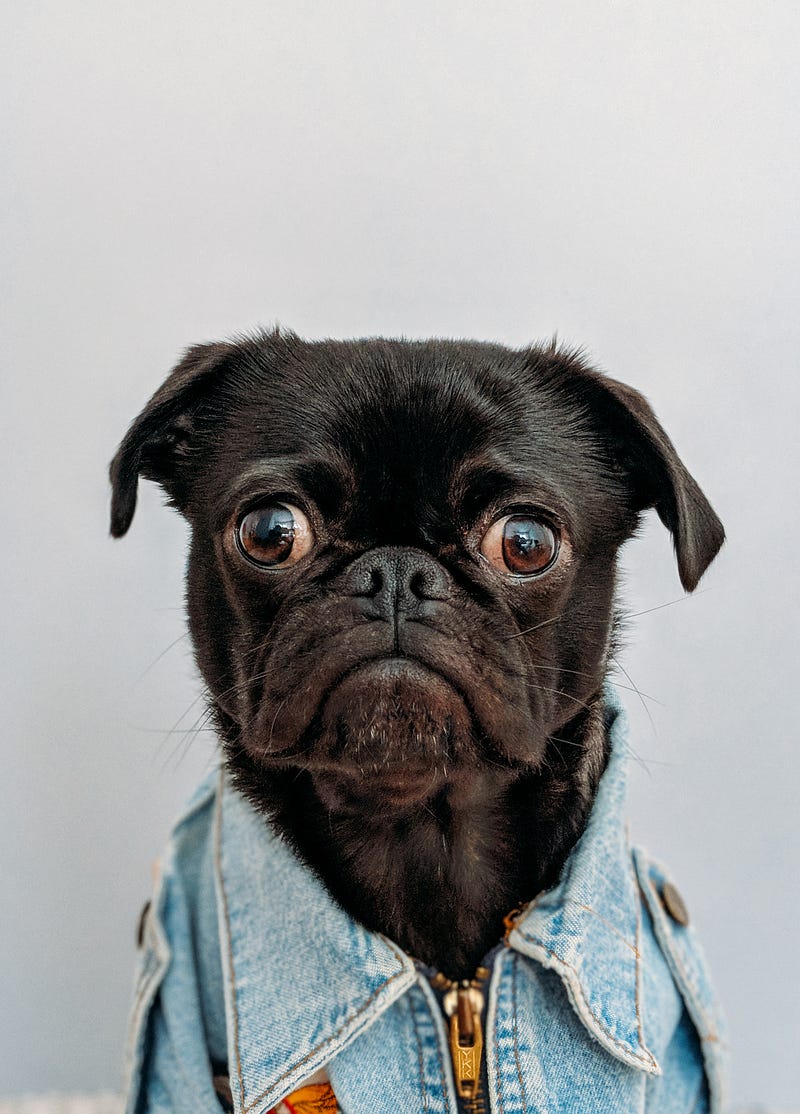
The other piece that you and I both know is that owning a pet is the best (in my case, I’d love to have a dog again) but they point out that your pupper increases the quantity of 56 classes of bacterial species in your home.
If you grew up in fear of bugs like my generation did, it’s time to get over it. Not only is most of our body made up of trillions of creatures that could care less about us other than a living, breathing, edible Uber ride, we need those bad boys in our guts. Having a dog improves your gut health.
Who knew?
(This just underscores that I was right to let people’s pups kiss me on the mouth. I always will.)
These are just the highlights I teased out from these articles, those which might be slightly different twists on stuff we knew, or should know.
But why don’t we DO?
Time after time I have written Medium articles about how exercise benefits us as we age. I’ve shared books and news and ideas and examples of folks who are hardly super geezers but who are living out-loud and healthy lives. Most follow many, if not all, of the suggestions laid out again and again in the articles and books on healthy living, healthy aging.
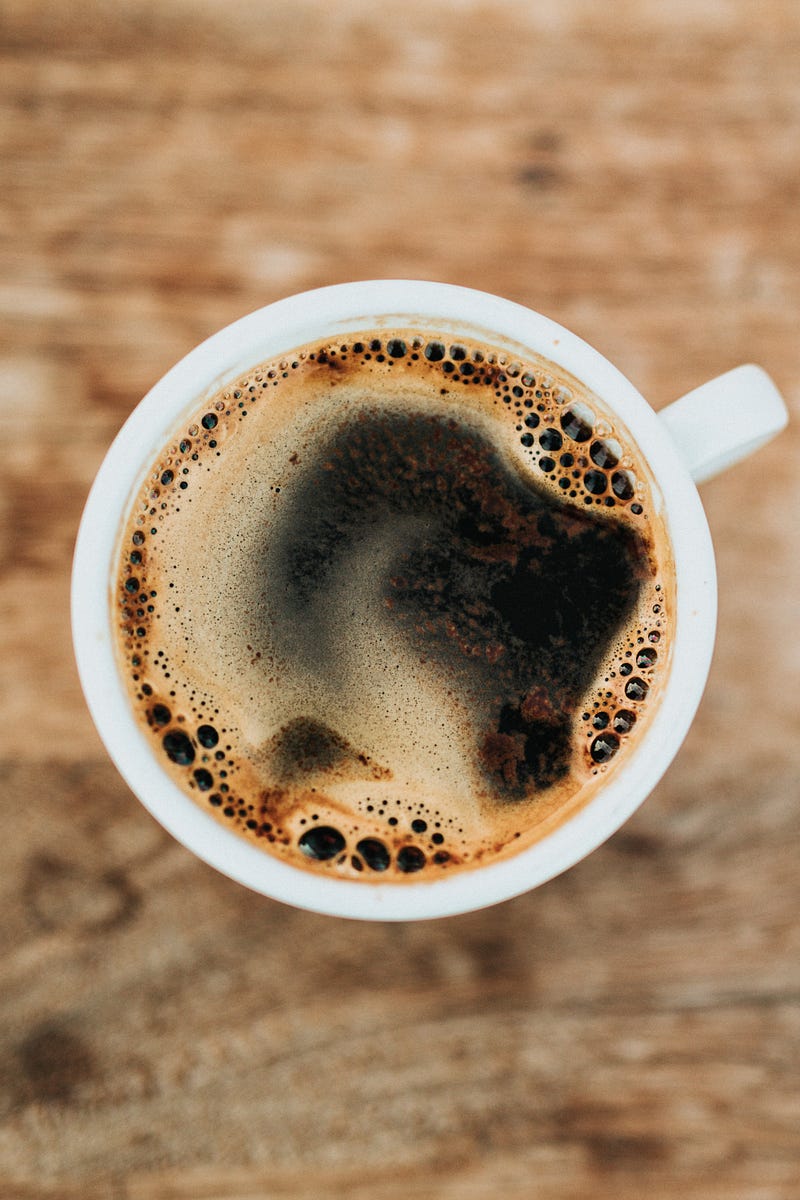
Just today, here’s another Medium piece on coffee, which is enjoying something of a Renaissance (albeit, let’s be clear, its antioxidant value plummets when you drown it with milk and whipped cream and add tons of sugary syrups. Sorry, Starbucks.)
Invariably some aging guttersnipe takes a swipe at me for proselytizing, shaming, haranguing.
Hardly. Not when I find articles that say that even if we’re late in life, even if all we do is walk, we increase our life quality. If we start eating better, as my very obese aunt did, we can get rid of diabetes and the meds, as she did, at 94, by losing more than 100 lbs. That if we get out and get busy and go to meetups and movies and dinners and make ourselves useful, we vastly reduce our loneliness (which leads to guttersniping) and helps us feel valuable.
So why do we self-immolate with crap food, a sedentary lifestyle, and take all the poisonous pharmas that our doctors push at us instead of just, well, doing what we know to do? Why do we stay at home and get sicker and sicker and attack folks who offer ideas?

I could argue - and it’s true - that often we don’t feel that we deserve better. That’s a psychological dance, and it plays a part. Some of us believe in putting others’ needs first at our expense. Not a good move.
Some legitimately don’t know how. Even today, with all the information that’s out there.
I read an article wherein a very rich New York businessman was complaining to his doctor that “he ate the finest French foods” and couldn’t understand why his body was in revolt. When the man listed what he ate, well. Let’s just say it wasn’t exactly spinach salad. Fine French food may well be fine once a month, but every day all day….he simply didn’t know any better.
But once we do, why then do we insist on driving through Mickey D’s instead of making that spinach salad, or buying them as I do for two for $6 at my Safeway, complete with egg, chicken and just enough bacon to be interesting?
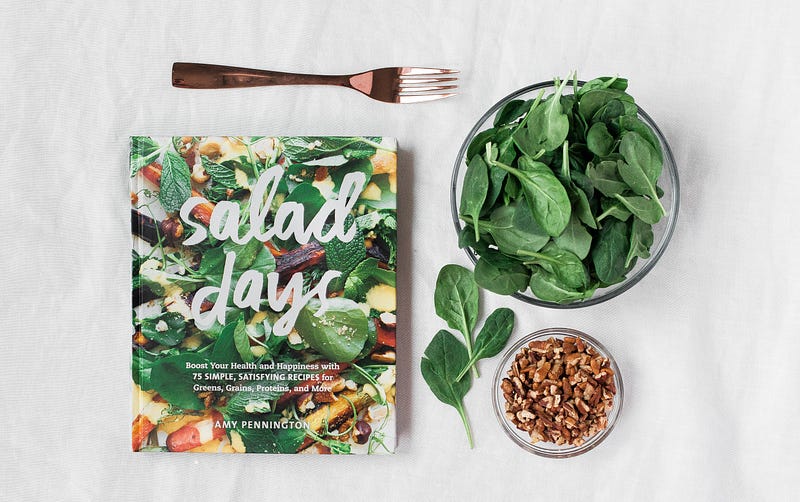
Here’s a perfect insight. Earlier this afternoon I was doing a coaching session with my minion buddy, who is trading his web design skills and social media time for my help as he writes a book. I had sent him a coaching form, and on it, he had asked for help with the following:
Figure out how to make self-care more efficient (this shit takes way too long)
His choice of words is extremely revealing. I think he is very good company here.
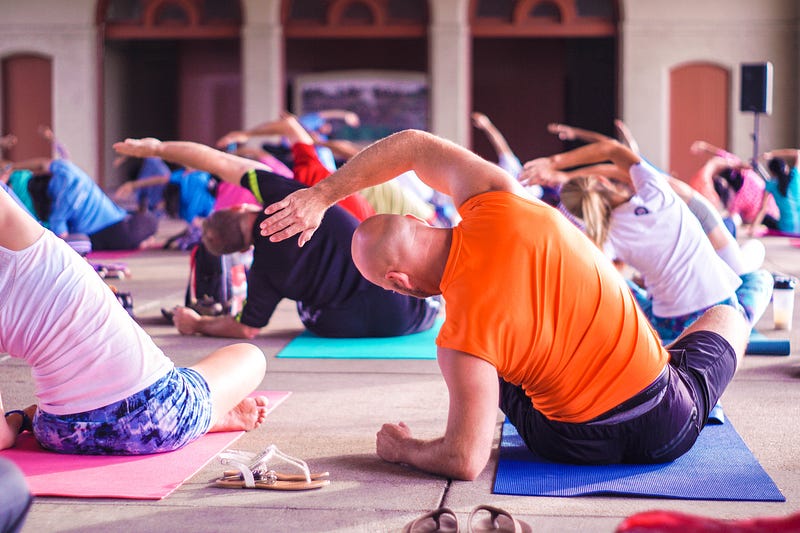
This shit takes way too long.
Implicit in this statement is that taking care of his body, his energy level, his need for exercise is a royal pain. Work was far more important.
It is? Let’s ask those millions of men and women who have sacrificed their bodies for work (which doesn’t give a shit, if I may) and ended up in their mid-sixties with broken or diseased bodies, no pension, and not a whole lot to recommend them.
Let’s just ask them whether self-care is important. Especially since we are all living so much longer. Back when smoking was a widespread thing, most folks died within a few years of retiring at 65. Now, hell, plan on another twenty or thirty. But in what kind of shape?
I called him on it, and he owned it. This is a guy who dumped an enormous amount of weight. Got in shape. He knows. He knows better.
Because when you get to that point (and I am there, thank you) the legacy of not putting yourself first comes home to roost as you age. Even so, there is every single argument that it is never too late.
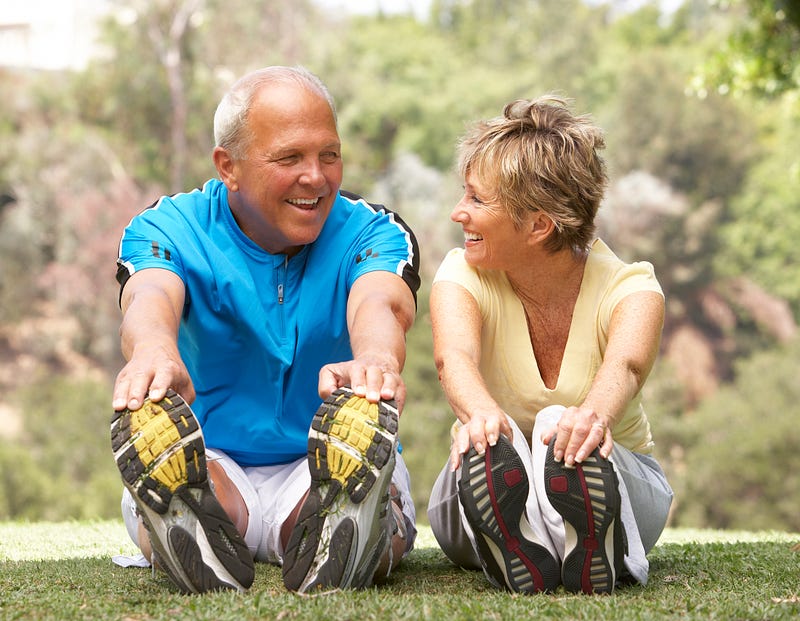
There is plenty of evidence that no matter when you start moving, you will benefit. No matter when you stop eating crap, you will benefit. No matter when you start improving the air you breathe or where and how you spend your time, you will benefit.
The guttersnipes who love to fire angry darts at me use the puerile argument that I’m claiming that you have to be a marathoner, a super geezer, a trapeze artist. All or nothing, in other words. This is simply because I might use one story about one person in my article. The rest of the article exhorts people to begin where they are, find something that gives them joy, and to find a support system to stick with it.
You and I can invest in being right about how awful it is, we’re going to die anyway, what’s the point?
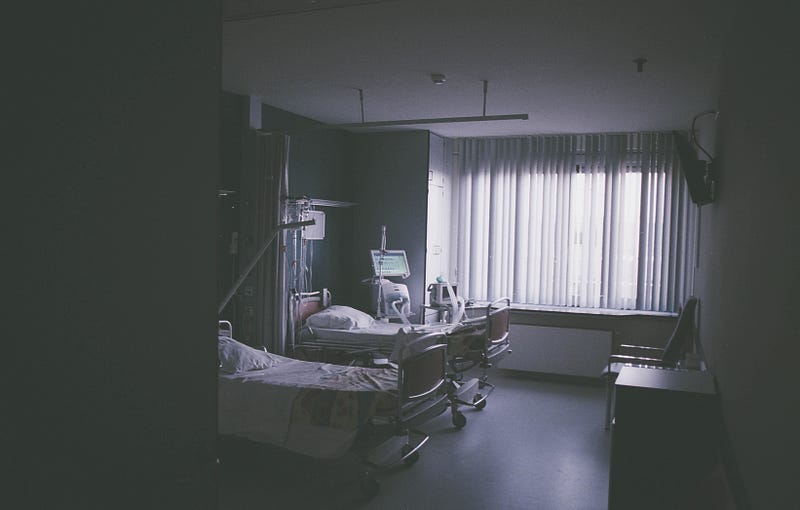
Honey, if it works for you to end up in a hospital bed, tubes out of every orifice, poked and prodded and your flimsy ribs cracked every time you are resuscitated, have at it.
My Thai masseuse asked me point-blank today about death. A friend of hers from a church mastermind group, a woman with whom she had only just had drinks last week, died suddenly at 59.
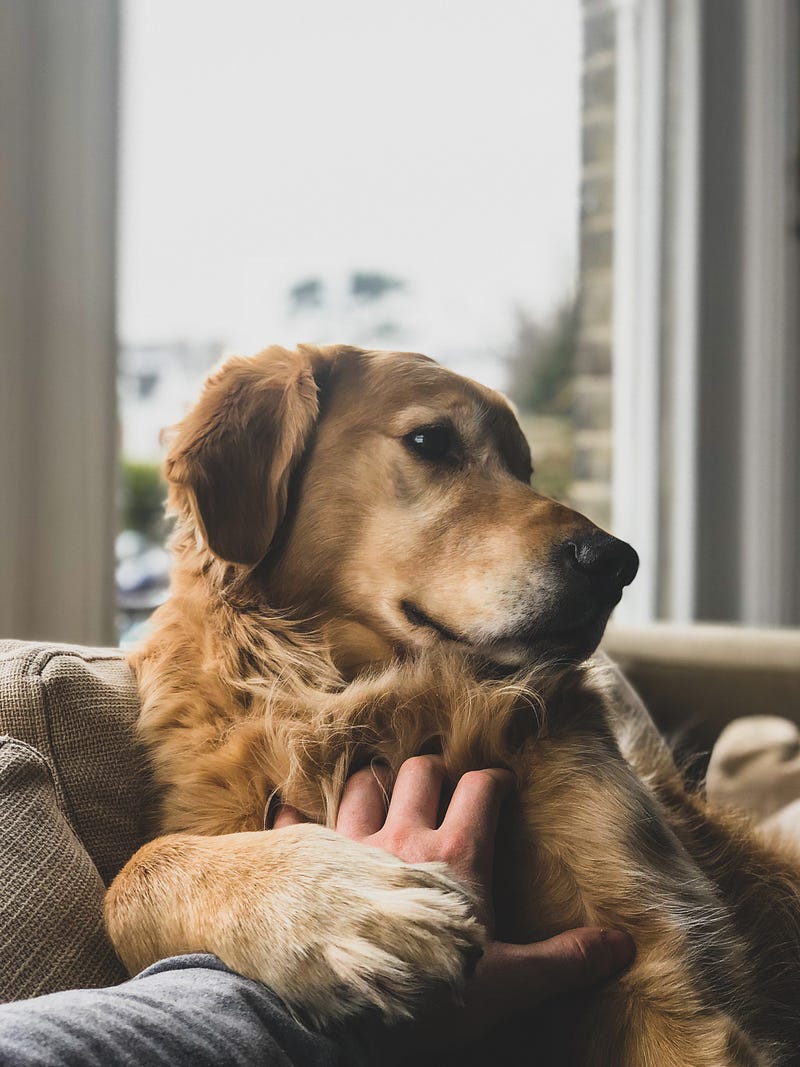
She was understandably troubled. I was on the floor with Karl, the fluffy furball, who was enthusiastically licking my left hand, as is his habit.
He kisses me on the mouth with the kind of enthusiasm I would wish for in a date but I digress.
Melissa’s in her early sixties. Healthy, eats well, lots of friends, solid spiritual community, many of us love her. Cats AND a dog in her house, helping her microbiome. Lots of coffee, loves her own company, well-balanced.
Barring someone’s plowing into her bucolic suburban home in a Hummer and blasting into her living room where she and the cats are quietly reading, I don’t think she’s leaving us soon. Truth is, we never know.
However, for my part, and I hope you’re with me on this, there is a great deal to be done to make the time we do have full of light, love, joy, laughter, energy, enthusiasm, vital good health, good friends, memories and furballs. LOTS of furballs.
Good for the gut, they are.
Based on what I read, even if that’s all you do, you’ve already given yourself better quality of life.
And to me, that seems to be the whole point.

Comments powered by Talkyard.